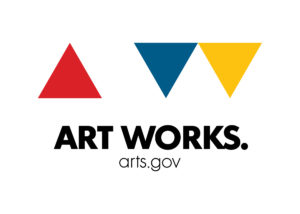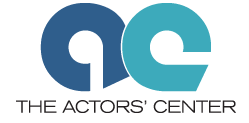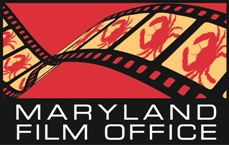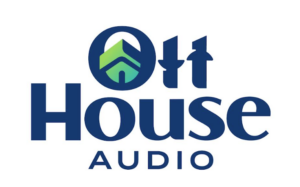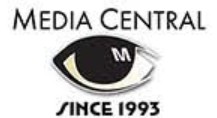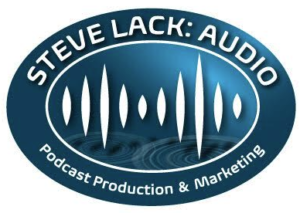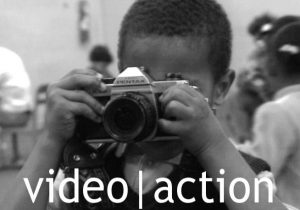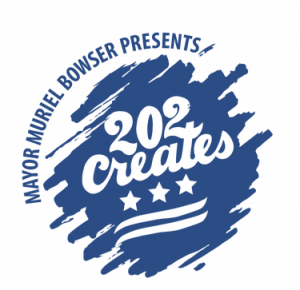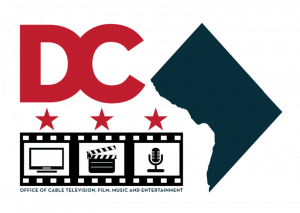APRIL WEDNESDAY ONE – Susan Borke Demystifies the Art of Negotiation
Susan Borke is passionate about helping people develop into effective negotiators. As a diverse crowd discovered at last week’s Wednesday One, no matter if it’s an hourly rate for freelancers, a contract for a video job, or the details of a proposal, Borke’s approach can work for you. Here are some highlights from her presentation and the evening’s discussion.
Negotiation is not just a transaction with potential adversarial overtones. It’s more of a problem-solving process, where each party works collaboratively to solve their respective problem. Look at the process as relationship-based. Focusing on the relationship humanizes the process and can reduce your anxiety. What’s more, as you learn about the person with whom you’re negotiating, you can also start to understand how it would be to actually work with or for them.
The process has two iterative phases: preparation and engagement. The Preparation Phase involves research, rehearse, and review steps that enable you to answer the whys and hows of the negotiation—for both sides. With preparation tasks complete and questions in hand, we enter the Engagement Phase. Here Borke offered invaluable tips and had some great answers to specific questions and scenarios. With her permission, I’ve included ones most relevant to WIFV members.
- A salary negotiation gets stuck.
- You might say, “I see we’re not quite matched on the money. Can we talk about non-salary compensation?” A typical example here is vacation time. It can also include flexible schedules, work from home, credit on a show or film, and more.
- They offer less than the standard in an hourly/daily rate negotiation.
- Ask them to help you understand their frame of reference, since the standard is $X to $Y. Point to your understanding of why the standard is what is it in your city. Point to your specific qualifications and experience. What do you bring that another person might not?
- Tips for proposal negotiation:
- Use a range rather than a specific number initially. Aim high, and if you come down people will think they’ve gotten a better deal.
- Be prepared to identify how a request to reduce the amount has to be reflected in a reduction in scope or deliverables (e.g., shorter video, reduced number of graphics, fewer training sessions, etc.).
- Be prepared to negotiate on non-financial terms that could provide benefit to you or the other party (e.g., if the client is willing to provide a written or videotaped testimonial, ability of your crew to eat at the client’s subsidized cafeteria for the duration of the agreement, etc.)
The program closed with a discussion of the special challenges that face women in the media industry. Borke urged women to build their networks and relationships to improve their leverage in negotiations. She emphasized the value of mentors and sponsors, and we may want to revisit this topic in future Wednesday One. Finally, Borke urged women to not only join WIFV, but participate in WIFV to get the best results for their careers.
Susan Borke, the Principal of BorkeWorks, is passionate about helping people develop as effective negotiators. She believes no one is born a master negotiator. Great negotiation skills come from a combination of knowledge, training, and practice. Susan has over 25 years of negotiating and negotiation training experience with domestic and international commercial companies, educational institutions, and nonprofits as a media executive at CBS and in-house counsel at National Geographic.
Kathy Dismukes, the founder of Pintail Productions, is an impact producer and consultant specializing in fundraising, partnership building, and community outreach for films and nonprofits. She has been a WIFV member since 2007 and served for two terms on the board of directors, including as Treasurer and VP of Development.


